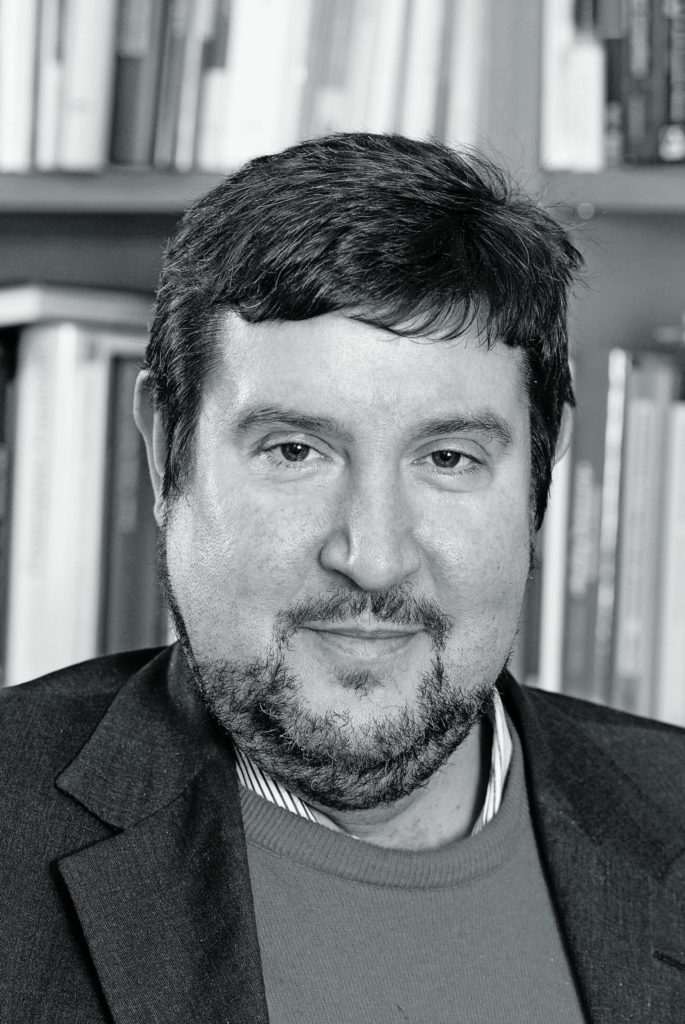The death of Thomas Welskopp, just before his sixtieth birthday, comes as a shock to his colleagues and friends. From the start, he belonged to the board of the Association for Political History, as testimony to his commitment to the international education of young historians. As director of the prestigious Bielefeld graduate school for history he organized one of the first conferences of our association in 2015. Important for us, but for him just one of his many achievements. When I spent a semester at the Berlin Zentrum für vergleichende Geschichte Europas in 2002, I met him for the first time, after I had read his monumental and admirable Habilitation thesis (the second thesis German academics needed to apply for a professorship) about the early German social democracy Das Banner der Brüderlichkeit (the banner of brotherhood). At the same time a work of classic scholarship in the tradition of German working class history as well as a pioneering study of political culture and working class culture, it has been very influential and has been used a lot for over two decades now. Welskopp himself was mostly interested in the early years of social democracy, when no stable organization was available yet and democratic mass meetings and charismatic orators predominated. His book earned him a professorship at his alma mater Bielefeld, where he fitted very well. He wrote about cultural history, but made sure he never lost the connection with social history, as a form of grounding and as an antidote against free-floating and too abstract forms of history. He was a firm believer in comparative history and his second expertise was American history, among other things resulting in a cultural history of prohibition. He spent several years at top American universities, both as undergraduate and as post-doctoral fellow. In modern competitive academic life, his modest and rather reticent, sometimes almost timid personality stood out. His intellectual qualities and many publications gave him authority and his engagement and friendliness endeared him to his colleagues in Bielefeld, Germany and abroad. He will be sorely missed.
Henk te Velde president Association for Political History

